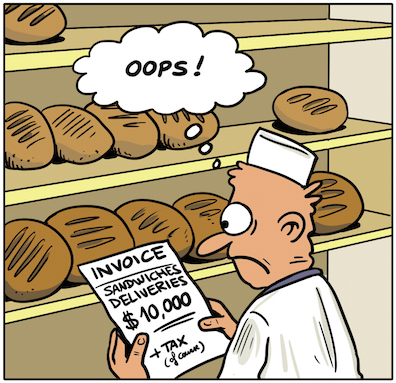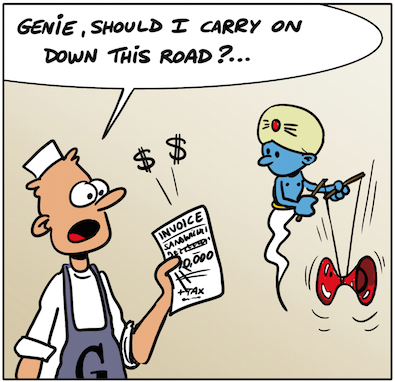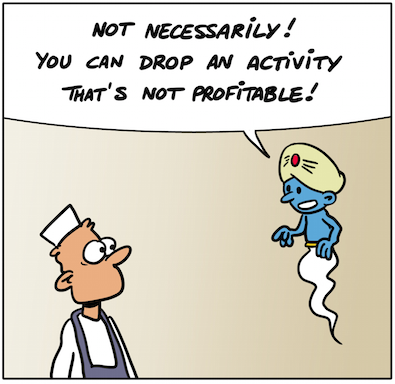If an Enterprise is in
deficit but there is hope that it can turn things around, we can
ask the financial sector to support the Enterprise during its
convalescence phase.
But should we save enterprises who cannot become profitable
again to save jobs?
But should a Group keep some loss-making activities because it
is making profits elsewhere?
These are topical questions that give rise to controversy.
Yet the answer is obvious: financing loss-making activities
reduces by as much the ability to invest in activities of the
future and jeopardizes the enterprise.
Rather than financing what does not work, it would be better to
dedicate the same resource to creating future activities,
training the employees concerned in order to direct them towards
new jobs.
We also have to prepare people to change activities several
times in their professional life: if the lifespan of an
enterprise has gone from 35 years to 10 years (see the forecast
from Standard and Poor's), there will be few employees who will
spend their working life in the same enterprise. Job security is
not linked to belonging to a system whose lifespan is
increasingly short, it comes with the required Competence to
perform new jobs. We have to help those who do not have this
Competence to gain it. Continuing professional development is
one of the keys to success in facing these changes.
- that the Enterprise has a limited lifespan,
- that they will have to change jobs several times in their working life,
- that continuing training is vital and
- that Competence is their best asset.

The story of George the Baker is made available under the terms of the
Creative Commons Attribution - NoDerivatives 4.0 International license.



